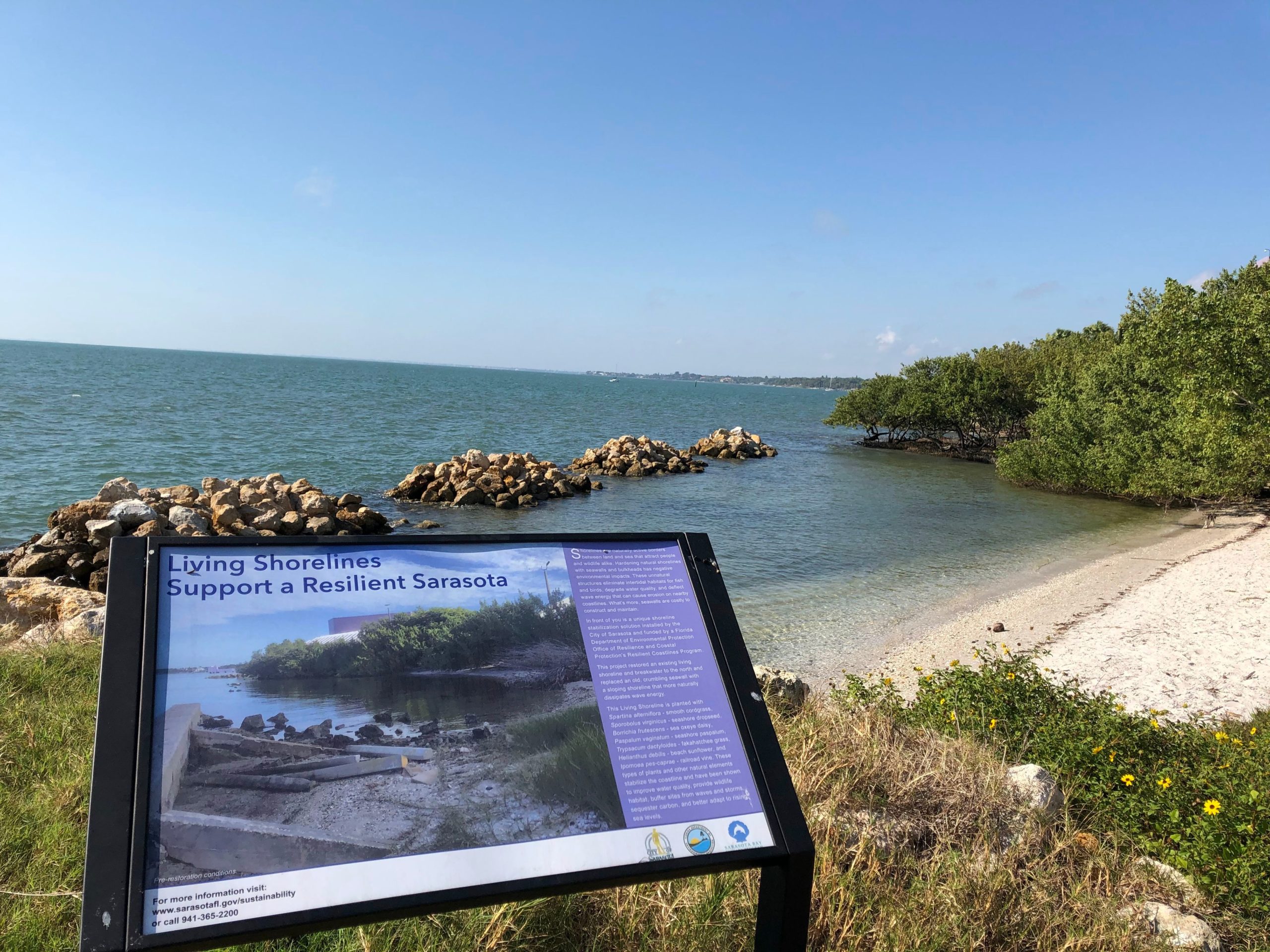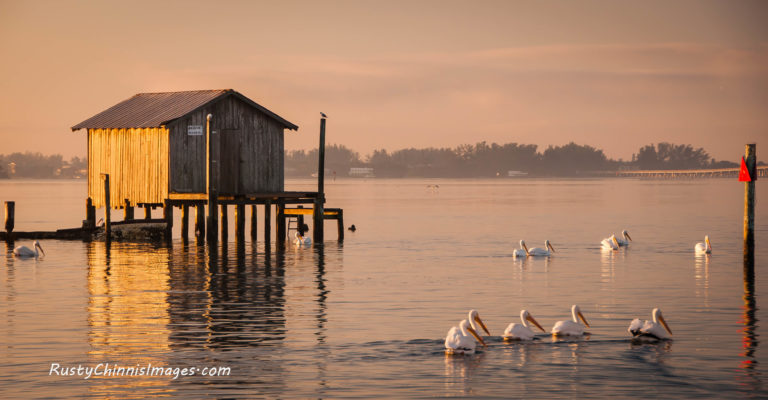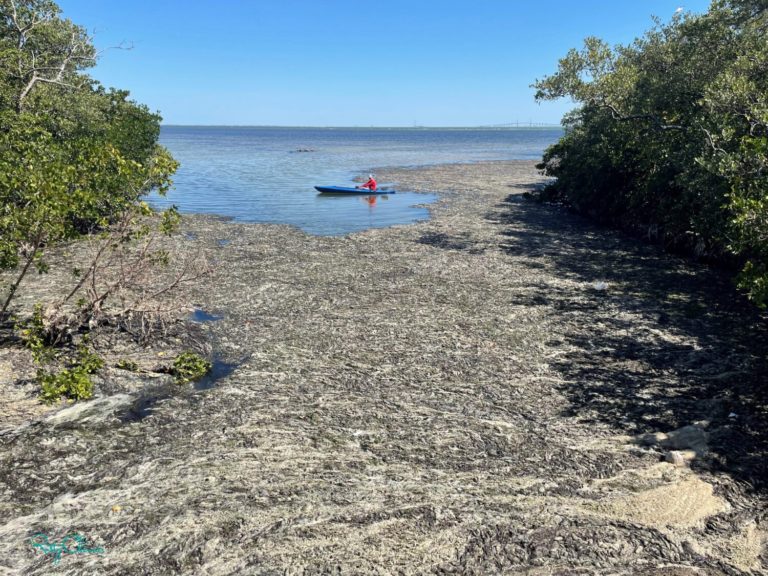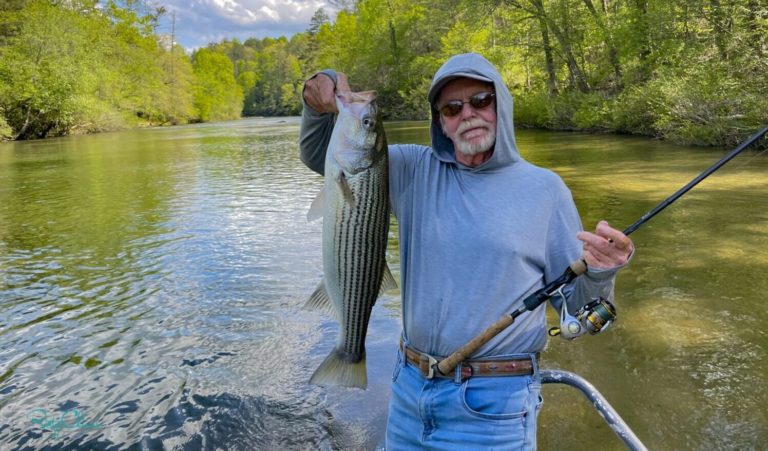When I asked Jon Thaxton, Vice President of Community Investment at the Gulf Coast Community Foundation (GCCF), about the “backstory “of the Foundation’s newly released Water Quality Playbook he was characteristically self-effacing. While he correctly claimed that such a document wasn’t an original idea, he and the GCCF should be lauded for the creation of this very important and timely effort. Thaxton, a fourth generation Floridian from Osprey has been a champion of business and the local environment for more than four decades. A founding member of the Venice High School Ecology Club in 1974, he has been a lifelong advocate for sustainability. Thaxton, served three term as a Sarasota County Commissioner (he was term limited out) and joined the Foundation in 2012. He has earned accolades from diverse environmental groups including the Nature Conservancy, and 1,000 Friends of Florida and was featured in National Geographic Magazine for his work with endangered species. During his career, Thaxton gained a reputation as a politician, businessman and environmentalist who crossed “traditional boundaries.” Listening to both business and environmental interests makes Thaxton’s experiences unique and I think critical to the area’s environment and economic viability. While I believe his experiences as a realtor, politician and public servant have been critical, it was his love of the water and fishing, like many of us, that were foundational to the realization of the critical need to protect our local waters.
When developing the concept, Thaxton (chair of the initiative), true to his reputation, reached out to diverse segments of the local community including Dave and Jennifer Shafer of Shafer Consulting, Sandy Gilbert of Solutions To Address Red Tide, Steve Suau, principal of Progressive Water Resources, agriculturalist Alan Jones, business groups like The Argus Foundation, and various government officials including Sarasota’s Sustainability Manager, Stevie Monte Freeman and John Ryan, Sarasota County’s environmental manager. Thaxton credits Dave Shafer with the concept of the online adaptive format and Suau and the Shafers’ with researching and writing the Playbook.
Composed of ten chapters and 43 recommended activities the Playbook focuses on the ways Sarasota County can address water quality in local bays and estuaries. While written for Sarasota, the Playbook was intentionally designed to be customizable and adaptive for use by other municipalities. According to Thaxton, “This Community Playbook for Healthy Waterways focuses, prioritizes, and coordinates critical activities we must undertake to realize our community’s vision for clean and healthy waters.”
The importance of addressing the degradation of our waterways cannot be overstated. As I’ve written in this column many times, our waters are at a critical crossroads and time is of the essence. Efforts like this give stakeholders a vital tool and framework for change, but your voice is critical to its success. I encourage everyone to engage local politicians and decision makers, demanding common sense actions to assure our coastal waters are clean, clear, healthy and sustainable. Consider joining, donating to and working with local environmental and advocacy non-profit’s like Suncoast Water Keeper and Sarasota Bay Watch. This is an achievable goal but requires the political will of our elected officials. We either address this now or push it down the road as a much larger burden to our children. Our fishing and economic future and that of future generations depends on it.



